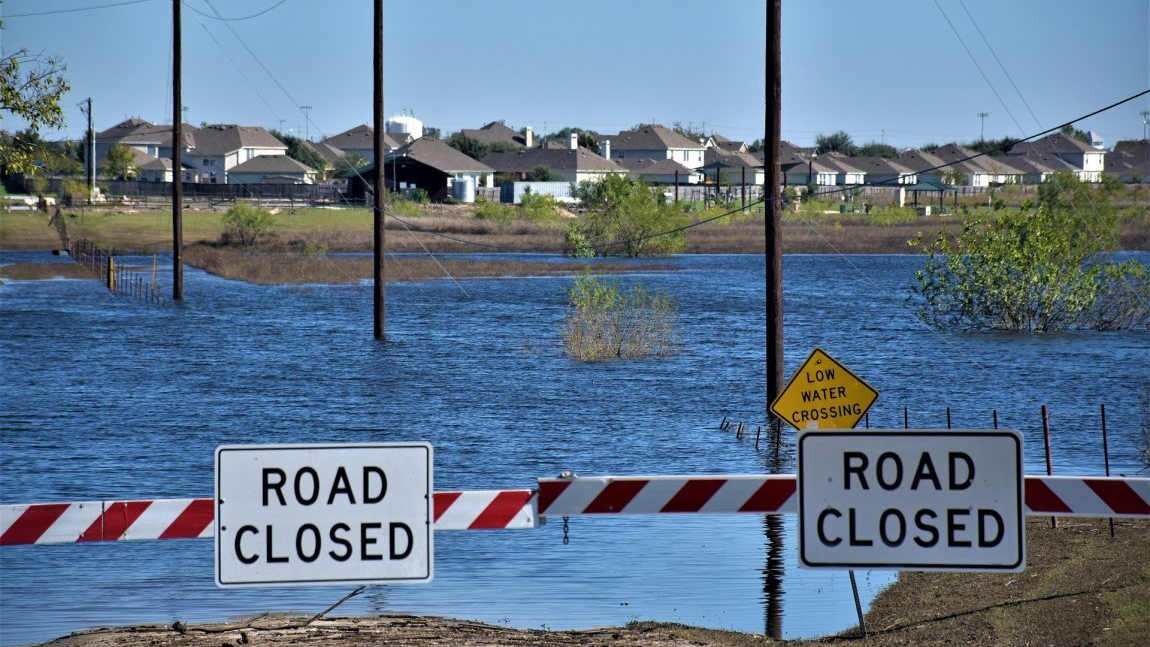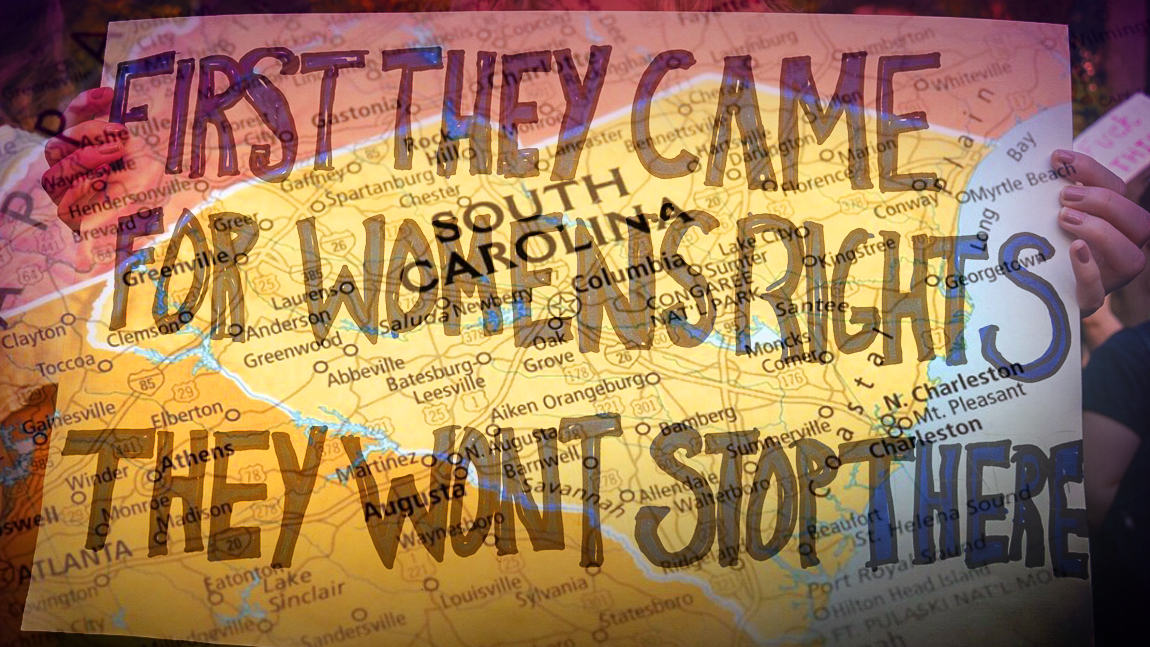By V. Susan Hutchinson
Every year at this time Myrtle Beach area residents brace for yet another hurricane season, and this year it could be worse than usual, according to the National Oceanic and Atmospheric Administration (NOAA), due to the end of El Niño.
Moreover, the Geophysical Fluid Dynamics Laboratory (GFDL) correlates global warming to changes in hurricane activity in the 21st century as its effects include rising sea levels and increased tropical cyclone rainfall and intensity.
But it isn’t the destructive hurricane winds that are the biggest concern for the Horry County coast– it’s the subsequent flooding throughout the county, particularly in the areas of Socastee and Bucksport.
Area homeowners were just recovering from Hurricane Matthew in 2016, which caused the Waccamaw River to crest at its highest level of 17.1 feet, when Hurricane Florence arrived in 2018, breaking the record at over 21 feet. This flood frequency results in the loss of personal property and homes and has a severe effect on infrastructure.
Recovery efforts to fix roads and bridges after floods barely keep up before the next one hits, severely impacting local businesses, especially.
The Federal Emergency Management Agency (FEMA) flood maps are reviewed on request, with the next revision not expected to be approved until 2020 for Horry County, five years after the last revision. Residents in areas that flooded, but are not in a defined flood zone, need to evaluate whether to purchase flood insurance or make improvements, such as raising the level of their homes by as much as six feet. Some may be able to afford the added cost to stay, while others may feel it is time to move on.
The impact of flooding on our communities and businesses will be devastating if something isn’t done to address the issue now.
Several local and South Carolina groups are actively looking for answers to flooding in our area. The S.C. Sea Grant Consortium and the South Carolina Coastal Resilience Project have completed thorough analyses of flooding in South Carolina and make various recommendations for change. Horry County Rising is a grassroots movement of local residents who want transparent government that hears the voice of the people to make decisions that will protect communities and the environment. Flooding is their top priority and they demand solutions.
The Effect of Population Growth
Horry County will continue its population growth with the expectation of 584,500 residents in 2040. With more people comes more housing. But how do you plan for growth when flooding happens almost every year and flood zones are frequently redefined?
Area residents in Surfside Beach and other communities are urging the Horry County Planning Commission to stop new developments from moving forward until further evaluation of proposed sites can be completed with current and potential flooding in mind. Their fear that new housing will make an already bad situation worse is well founded.
Adding even more concern is the proposed change to the Horry County Imagine 2040 Comprehensive Plan, which creates a potential loophole for developers so they can more easily justify building in areas that are environmentally constrained.
More housing, less natural land barriers means more flooding potential.
Panel on Flooding and Resilient Communities
Residents throughout Horry County will have an opportunity to learn more about the effects of flooding and development when the Southenders Democratic Club presents their Flooding and Resilient Communities Panel discussion September 12, 2019 at 6 p.m. at the Brick House Restaurant and Lounge, located at Surfside Bowl.
Panelists and topics include:
- Jaimie McCauley, PhD, Assistant Professor of Sociology, Coastal Carolina University, who will discuss the scope of the flooding problem, impact of development and Horry County Rising.
- Jasmine Gil, Community Outreach Coordinator, Coastal Conservation League, will present outreach opportunities to build resilient communities.
- Courtney Kain, Director, Horry County Community Development, will discuss grant funding and opportunities for public input.
Attendees are encouraged to share their experiences and ideas as well as interact with the panelists at the end of the event.
Horry County residents, either born and raised here or recent transplants from other areas of the country, need to pull together on the issue of flooding in our communities. The September 12 panel is a good way to start getting involved and learn more about how flooding impacts everyone, not just those in a floodplain.






